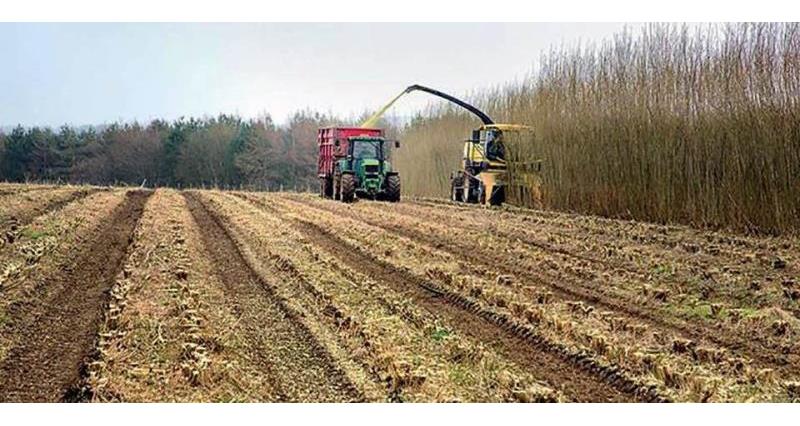Members can read our final response below.
Like the broader call for evidence earlier this year on greenhouse gas removal (GGR) methods, this is a critically important opportunity for agriculture and the land-based sector to demonstrate our capability to capture carbon dioxide through photosynthesis and couple it with carbon capture and storage technology – a key element of the NFU's Net Zero ambition. This is in addition to the many existing uses of this ancient and versatile energy source: heat and power generation, biofuels and biogas, among others.
Find out more about the BEIS open consultation and read our final response:
NFU Deputy President Stuart Roberts said:
“There are a number of really exciting opportunities when it comes to biomass production in the future, from new diversification opportunities to contributing to the green growth of a robust and resilient rural economy, which is crucial if we are to meet both industry and national net zero goals.
“But in order to fully maximise our potential when it comes to biomass production, is vital that the many environmental benefits farmers can deliver in this area is recognised as public goods that merit reward under policy measures such as the Environmental Land Management scheme. For example, both short rotation coppice willow and miscanthus can contribute to flood management through increased surface roughness, compared with conventional cropping or pasture, and both crops have been shown to act as significant refuges for farmland wildlife.
“There is a real opportunity here, but if we’re to make the most of it, agricultural biomass production needs to be backed up by government policy and incentives.”
What views were sought on
Closing on 15 June 2021, this call for evidence recognised that the policy context for biomass among other renewables has moved on since the last official Bioenergy Strategy of 2012. Evidence and views were sought on:
- Availability of sustainable biomass from domestic and international sources
- Potential end uses to support our net zero target in the context of availability of sustainable biomass feedstocks
- Sustainability of the supply chain and opportunities for strengthening existing criteria
- Accounting of greenhouse gas emissions from biomass use
- Bioenergy with carbon capture and storage technology and its potential applications to deliver negative emissions
- Opportunities for innovation to support wider deployment of technologies with potential to support the net zero target
How we formed our response
To form its response, the NFUdrew upon our work on the industry-led Bioenergy Strategy of 2019, led by the Renewable Energy Association (REA), to which we made a substantial contribution. Read more about our work here, or find out more about the strategy on the REA website.
